Protect yourself against identity theft online. It’s a crime that affects millions of people every year. And it’s one of the most common forms of financial fraud. Identity theft happens when someone uses your personal information.
Like your name, social security number, and credit card information – to commit fraud or theft. It can also involve using your personal information to illegally obtain medical treatment. They’ll open new accounts in your name, or file taxes fraudulently.
Identity theft is one of the most damaging crimes that a person can experience. Not only does it can cause financial damage, but it can also leave you feeling violated and vulnerable. That’s why it’s important to protect your identity online. We’ll outline some of the most common ways thieves steal your identity and advise you on staying safe.
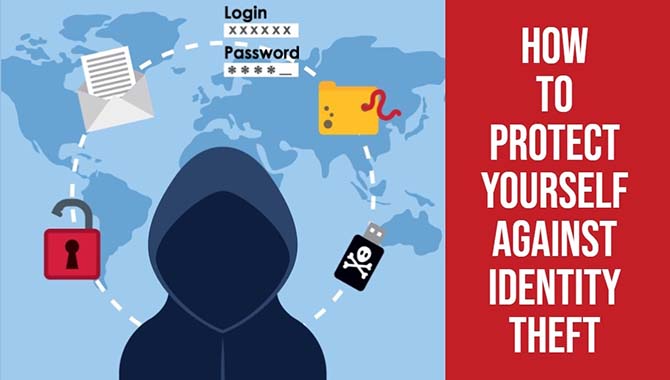
What Is The Best Online Identity Theft Protection?
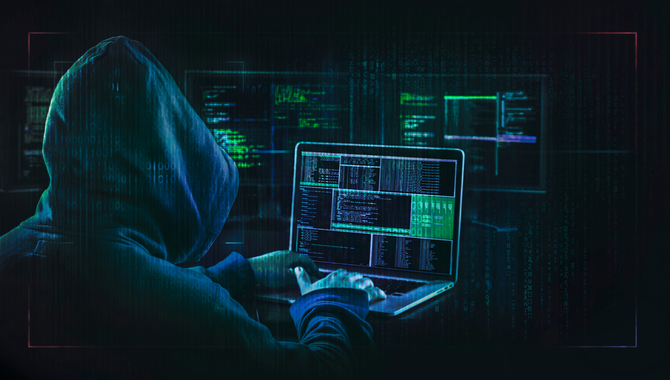
Identity theft is a problem that affects millions of people every year. It can be devastating when your personal information is stolen and used to commit fraud or other crimes. There are several different ways to safeguard your identity to protect yourself. Some of the most popular methods include:
- passwords,
- two-factor authentication (2FA), and
- alert authorities if you see any signs of identity theft.
It’s important to keep up with updated security measures, as even the slightest breach can lead to identity theft. Don’t hesitate to take action if you’re ever worried about your security. There are many resources available to help you stay safe online. Don’t wait – start protecting yourself today.
9 Simple Tips To Protect Yourself Against Identity Theft Online

Identity theft is a serious crime that can have a devastating impact on your life. If you’re a victim of identity theft, there are some things you can do to protect yourself.
Know some of the most common forms of identity theft. How to protect yourself against them, and what to do if you’re a victim. We also provide some tips on how to prevent identity theft in the first place. Are you ready to take steps to protect yourself? Let’s get started.
Be Defensive With Sensitive Information.

It is important to be defensive when it comes to sensitive information. Using strong passwords and being cautious about what information we share can protect our data from unauthorized access or misuse.
It is also wise to subscribe to a credit monitoring service so that we are always aware of any changes in our credit report or account history. And lastly, make sure you shred any documents with personal information on them – this will help keep your identity safe and confidential.
Create Strong Passwords And Keep Them Secret
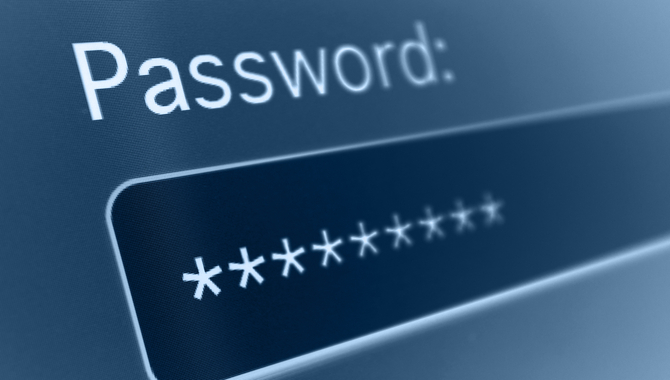
As a user of online services and platforms, you should know the importance of strong passwords and keeping them secret. A strong password is unique, difficult to guess, and not easily accessible to others.
It’s important to remember that passwords are personal information, and you should treat them as such. Here are some tips to help you create strong passwords and keep them secret.
Protect Your Accounts And Your Credit
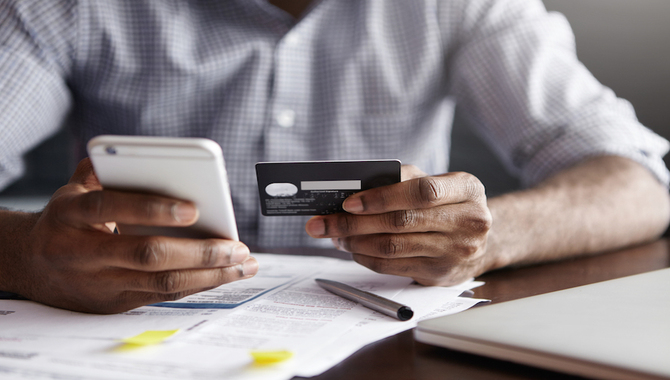
When it comes to online security, you can’t afford to take any chances. Your personal information – your account details, credit score, and more – is worth a lot to thieves, so it’s important to take the necessary precautions to keep them safe.
We’ll outline some of the best practices you can follow to protect yourself online. We’ll also discuss the various types of account breaches that can happen and how you can protect yourself from them.
As the world becomes ever-more digital, protecting your online accounts and credit is important. Identity theft is on the rise, and if you don’t take steps to protect yourself, you could find yourself struggling to repair your reputation and rebuild your life.
Boost Your Computer’s Security
One of the most important things you can do to protect yourself against online identity theft is to boost your computer’s security. This means installing antivirus software, firewall protection, and other security measures. It’s also important to keep your passwords safe and never share them with anyone.
You should also be aware of how hackers target online users and keep an eye out for suspicious emails or messages that ask for personal information.
If you think you may have been a victim of identity theft, contact your bank or credit card company immediately so that they can take steps to protect your accounts.
Limit The Amount Of Personal Data Out There
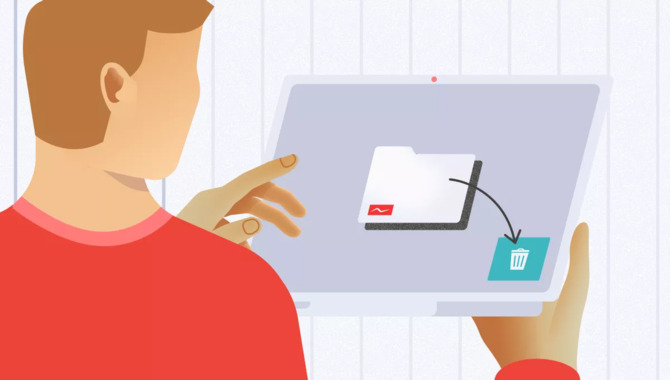
One of the biggest concerns people have about using technology is the security and privacy of their data. In recent years, there has been a huge increase in personal data collected and stored by businesses and governments. They can use this data to track people’s movements, preferences, and interests and identify potential threats.
One way to limit the amount of personal data out there is to be careful about what information you share online. For example, if you’re using social media platforms like Facebook or Twitter, ensure you’re only sharing information you want others to see.
And remember to be careful about what links you click – sometimes malicious websites will try to steal your login information by pretending to be one of your favorite websites. Another way to limit the amount of personal data out there is to encrypt it using a secure password.
This will help keep anyone from accessing your information unless they know your password. And finally, always ensure protecting your computer properly against viruses and malware – these attacks can often steal your password and other sensitive information.
Monitor Your Accounts
Keeping your personal information confidential and avoiding common password mistakes are essential to online security. Using two-factor authentication whenever possible is also important, as this will help protect you against identity theft. Furthermore, make sure you regularly monitor your credit report and score to stay safe from scam artists who might be targeting you specifically.
By doing so, not only will you avoid being scammed yourself, but you will also alert your bank or other financial institutions of potential frauds that may be happening in the meantime.
Stay Ahead Of Scams
Scams are a major problem worldwide, and they’re becoming increasingly sophisticated. It’s important to stay ahead of them by being aware of the latest scams and how to avoid them. One of the most common scams is email phishing, where criminals send you fake emails that appear to be from your bank or other reputable organizations.
They ask you to enter your login information or download a file that contains malware. If you fall for this scam, your computer may be infected with malware, and it might steal your account information.
It’s also important to be wary of investment schemes or high-pressure sales tactics. Many unscrupulous people use these methods to trick people into parting with their money illegally.
Others try to sell phony products that work differently than advertised. And lastly, online scammers often use viruses and malware to steal personal information from unsuspecting victims.
If you’re ever unsure about something, it’s always best to err on the side of caution and consult a trusted source like Google or Bing before making any decisions.
Potential Victims Of ID Theft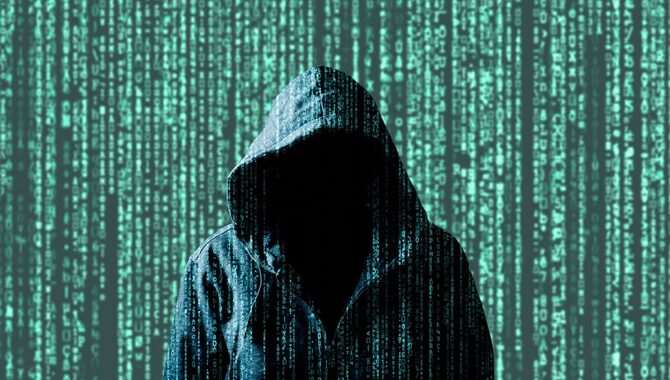
Anyone can be a potential ID theft victim, whether a consumer, employee, or business owner.
The theft of personal identity information (POI) is one of the most common crimes in the world. This includes your name, address, birth date, social security number, and other sensitive information.
ID theft can happen in several ways. The most common is when someone steals your personal information from your wallet or purse while you’re still using it. They can also steal your identity by stealing your credit card numbers and using them to make unauthorized purchases.
It’s important to keep all your identification documents safe and secure so that you don’t become a victim of ID theft. You should also use unique passwords for every site and account that holds sensitive information, and make sure you regularly update those passwords if necessary.
You can also install the latest security software on your computer and mobile devices to help protect yourself against ID theft.
Report Identity Theft To Other Organizations

If you’ve been a victim of identity theft, you should first report it to the organizations that are relevant to your situation. This includes contacting your credit bureau, bank, and other organizations with which you have contact information, such as social media platforms or email addresses.
Once you report identity theft, these organizations will begin investigating the matter. They’ll also work to restore your credit score and protect your personal information from being used in future identity theft incidents.
Remember: if you think someone has stolen your identity, the best thing to do is report it to as many organizations as possible so they can start tracking down the perpetrator.
How Does Identity Theft Work?
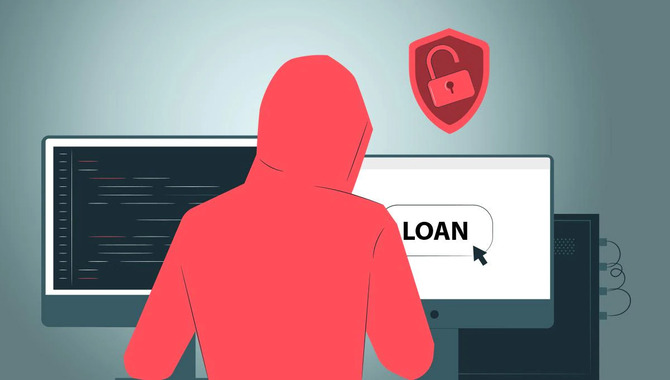
Identity theft is a serious security issue that has become increasingly common in recent years. It’s not just theft of personal information but theft of finances as well.
Identity theft can happen in several ways, but the most common way is when someone steals your personal information, like your name, address, and credit card numbers. Once this information has been stolen, it can be used to access your bank accounts or purchase items in person dishonestly.
To protect yourself from identity theft online, keep up with the latest security updates for your web browser and applications.
Additionally, be vigilant about personal information- be sure to password-protect your social media accounts, keep personal information safe, and never give out personal information without proper verification.
reports regularly.
Conclusion
It’s important to take the necessary steps to protect yourself against identity theft online. This includes using strong passwords, not sharing your personal information online, and being vigilant about any suspicious emails or phone calls that you receive.
Online security is essential to protect yourself against identity theft. Make sure to keep your passwords secure and monitor your account for any suspicious activity. Also, be aware of the different ways that thieves can steal your personal information and take steps to protect it from them.
There are a few things that you can do to protect yourself against identity theft online. The first is to use strong passwords and never share them with anyone.
Additionally, make sure that you keep your computer security up to date by installing the latest malware and spyware protection software. Finally, don’t leave your personal information lying around on the internet – always keep it safe and encrypted using a secure password manager.
Frequently Asked Questions
1. What Is The Best Online Identity Theft Protection?
Ans: With the internet becoming a more integral part of our lives, it’s no surprise that online identity theft is rising. Identity theft is now the number one crime in the United States, and it will only worsen.
That’s why it’s important to find an online identity theft protection service that can help you protect your identity and safeguard your personal information. Here are some things to keep in mind when choosing a DIP.
2. Is There A Way To Avoid Identity Theft Altogether?
Ans: Identity theft is a serious problem that affects millions of people every year. It can happen when someone steals your personal information, such as your name, address, and credit card numbers. This information can then be used to open new accounts or purchase items online fraudulently.
3. How Can You Get Your Credit Score Improved?
Ans: One way to improve your credit score is by checking your credit reports regularly and disputing incorrect information.
Doing this will help you avoid any potential negative effects on your credit score. It’s also important to pay bills on time and keep balances low to maintain a good credit score. This will show that you’re responsible with your finances and can be trusted.
4. How Can I Secure My Identity Online?
Ans: When it comes to securing your identity online, the number one thing you can do is use strong passwords and two-factor authentication. This way, even if someone were to get access to your personal information, they would not be able to do anything with it.
Another layer of security you can take into account is monitoring your credit score and accounts regularly. By monitoring your credit report, you can stay alert for any changes or unauthorized charges that may occur on your credit report.
5. What Is Synthetic Identity Fraud?
Ans: Synthetic identity fraud is a type of identity theft where someone creates a false identity. This identity is usually created by combining real and fake information to create a new identity.
This type of fraud is difficult to detect as it often uses legitimate information from various sources. To protect yourself from this type of fraud, you should never share personal information online, use strong passwords and two-factor authentication, and monitor your credit

Leave a Reply